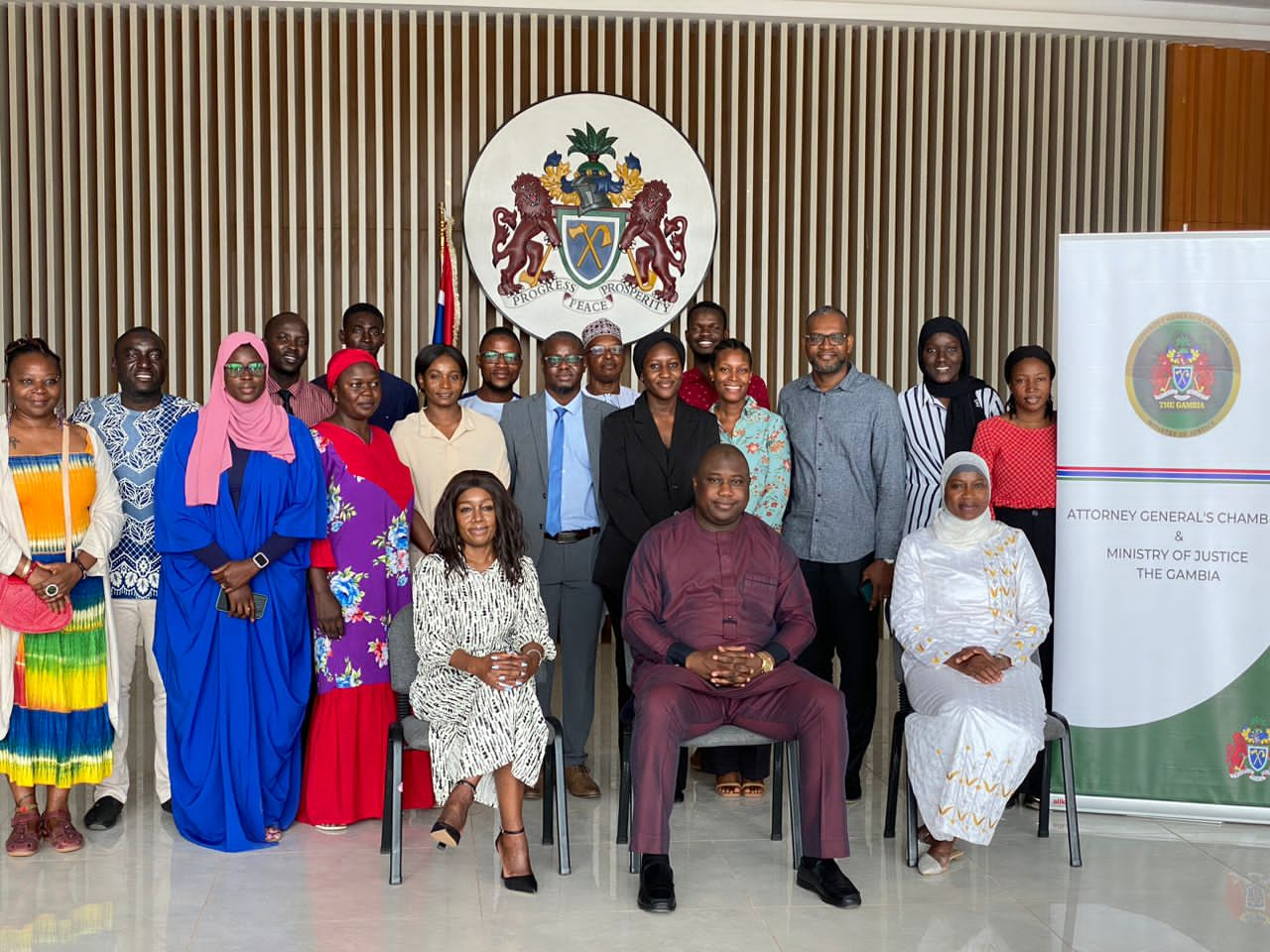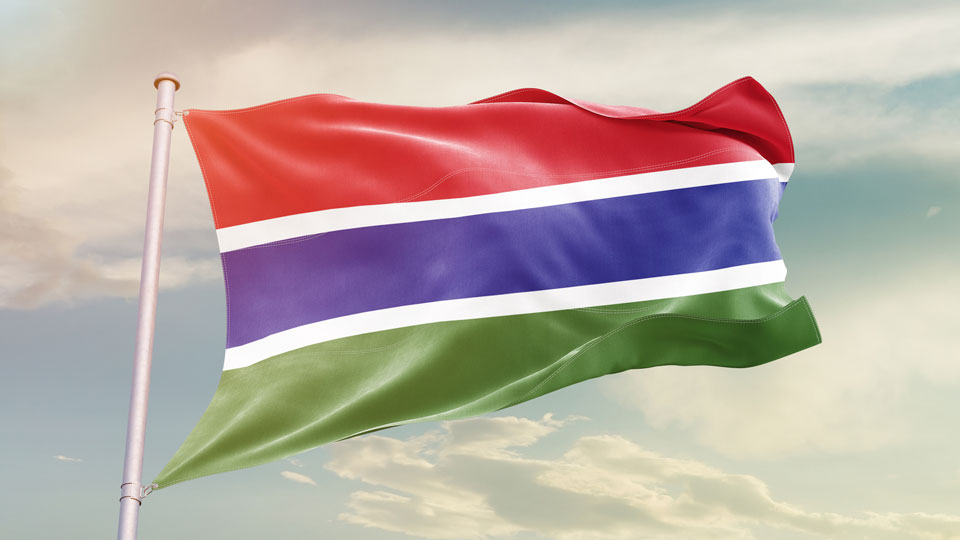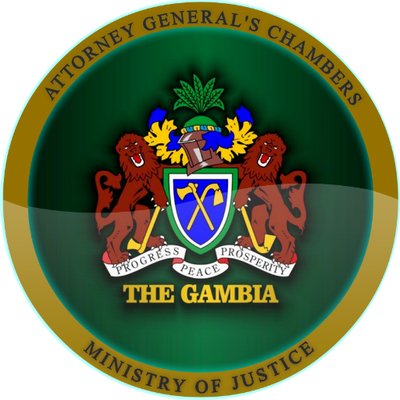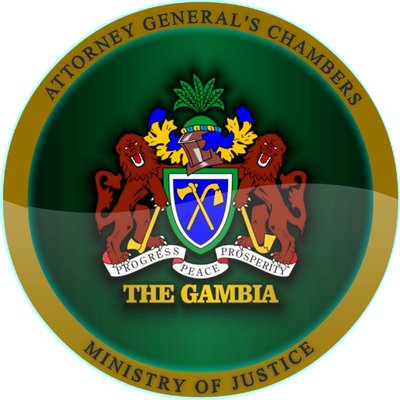
Reparations Bill for Post-Jammeh Era Victims Validated
By Musa Saho
The Ministry of Justice in collaboration with stakeholders in the transitional justice process on Tuesday, 21st February 2023 embarked on a two-day validation workshop on the victims’ reparations bill at a ceremony held at the Sir Dawda Kairaba Conference Center in Kololi.
The workshop was attended by the staff of the Ministry of Justice, representatives of the National Human Rights Commission, the American Bar Association, and stakeholders from different Civil Society Organizations working on transitional justice issues in The Gambia.
In his opening remarks, the Attorney General and Minister for Justice Honorable Dawda A. Jallow said the intention of coming up with the victims’ reparations bill was geared towards providing reparations for the victims who suffered violations from July 1994 to January 2017 recognized by the TRRC and equally new victims that were not identified or heard by the TRRC for one reason or the other.
“The issue of reparations for the victims has been one of the major concerns for this government. It is only fair that victims of human rights violations are considered and compensated for the wrongs they suffered and to equally ease their burdens, distress, and displeasure of a system that once was against them directly or otherwise. Which is why the government is committed to ensuring life-transforming reparations are provided to victims of these human rights violations,” Honorable Jallow asserted.
He said the bill when enacted will establish a fund for the provision of such reparations and establish a commission that shall be responsible for the management of the funds and for connected matters.
He added that the bill when passed will also help guarantee non-occurrence that will target structural measures of a policy nature such as institutional reforms, the advancement of security sector reform, strengthening judicial independence, civil society, and victim-led organizations just to name a few he added.
According to him, the main focus of the government is not only to provide monetary compensation to victims but also to adopt measures of mental support and guidance to restore the victims to a situation close to the one they were in before the violations of their human rights.
He said the process and development of the bill were transparent and inclusive by catering to the opinions and views of people most especially, the victims.
“Different engagement mechanisms were adopted and successfully implemented to encourage inclusion,” he stated.
Minister Jallow further stated that the victims’ reparations bill does not only provide restitution as a mode of reparation but factors the necessity for satisfaction which will be achievable through truth-seeking, the search for the disappeared, the recovery and reburial of remains, public apologies, judicial and administrative sanction, commemoration, and memorialization.
He said his ministry understands that rehabilitation is fundamental in a transitional justice process especially when it involves reparations, adding that it is for this reason that the bill was made to include education, medical and psychosocial support as well as legal aid, and social services.
“I hope that by the end of this session, we will be satisfied with the form and contents of the bill which will set us through the next stages of realizing its enactment,” he concluded.




